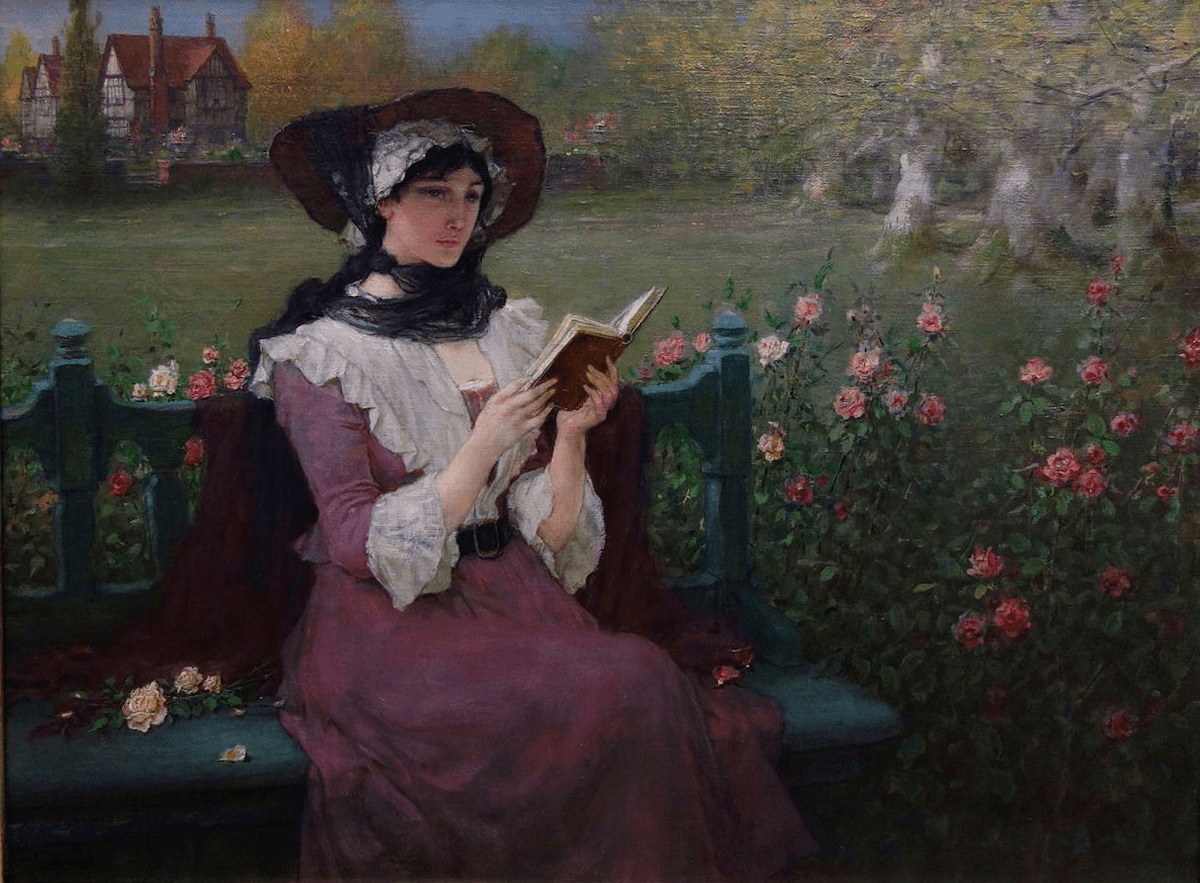
leisure month reading
In January, I created a new stack of books. In a way, it was like comfort food: fantasy novels, teen series, novels written by friends and acquaintances, and the lightest stories I could find in my waiting library. That’s what I’m trying to do next month, with books being pulled early because I don’t want to take books out of crumbling stacks or try to find something on a shelf after a certain date in early February. After surgery, I’m going to be recovering, recuperating, and resting — endless rest, which should be a privilege.
I have read almost none of these books. Physically, I was in unfamiliar territory. As it turns out, my reading mind wanted to be there too.
In hindsight, it made perfect sense, but at the time – as I picked up and put down the book, tired of the bland descriptions, frustrated with the magic system, and tired of the fun – I didn’t know what to do. I wanted something but couldn’t name it. I read the first book, Star Wars: The High Republic, at the end of January and thought I’d keep reading. But again and again, I couldn’t follow the incredible proliferation of Jedi with extremely Star Wars names closely enough. (This is very much a “not your problem, it’s mine” question, and not the fault of the books.)
Reading the books I usually read felt like wearing clothes that don’t fit. This is different from the early days of the pandemic when reading books was simply not possible. It’s more like I’m looking for a flavor that I can’t even identify.
Habits are strange things, eccentric, personal, ingrained, founded on accidental or established purposes. I think the same is true of reading habits: you can develop a reading habit slowly, or you can develop a habit like any other habit, and that includes what you read, not just how you read. Some of my reading habits have been with me since childhood (magic stories all the time), and others have been picked up at different times in my life: learning to focus briefly on the subway, for example, or trying (but often failing) to read on the subway. Looking online before you wake up in the morning.
So when all my regular habits — including where I am, how I sleep, how I sit, how I move — are suspended, everything feels uncomfortable. I don’t want lightweight books with interesting stories; I want something that pulls me forcefully through the pages. I want to be swayed by books, to be led in strange directions, to sit and listen. I read The Janes, a tense thriller by my college neighbor Louisa Luna, even though I’m generally not a fan of books about murdered girls (with the exception of certain detective genres, Luna’s Ellie Alice Vega is one of them). I reread two Percy Jackson books because the fast pace of middle grades was extremely helpful for my tired brain, and it kept me focused. I read The Magic of Trickster and Crooked Kingdom because they are partly familiar (magic!), but also have a foot in different territory (mystery! cons!).
When I felt more like myself again, I read Postcards from the Edge and The Falconer back-to-back, lingering in other decades, in other cities, hanging out with people who were out doing things. Then I read two murder robot novellas. Then, at the end of the month, I took on a challenge: Chuck Wendig’s Wayward.
Why is “waywardness” a challenge? Because that’s exactly the kind of stuff I usually read, and I’m still not quite myself. I spent four days reading this book while I tried to get used to my idea of getting back to a “normal” life: feed the cat, log in to work, walk around the house and take more and more steps, and remember to move.
Sometimes, “normal” is a weird idea. It suggests something stable, even static: something given, something that doesn’t change. But normals change, and everyone’s normals are different. What seems normal one week may not be the next. Normality is an ever-shifting goal we set for ourselves, or reject altogether.
Part of what I’m trying to say here is that when reading becomes a big part of your life — when a story takes you through something, or takes you out of a difficult situation, allows you to escape or feel at home — there will be a quality of normalcy. The same goes for patterns. My days are messed up, and I read with them. Every time I go back to read another book and slowly return to my regular territory, I ask myself some questions: What do you want? What do you really need? Is there anything other than what you give yourself?
I have a questionable habit of reading the acknowledgments in a book before Istart reading the actual story. It’s a habit I’ve had since I was a kid, and it’s stuck with me. I like to see who the author thanks, who helped them along the way, and who supported them in their journey. It’s a small glimpse into the behind-the-scenes of the book, and I find it fascinating.
But recently, I’ve noticed something else in the acknowledgments: a trend towards thanking mental health professionals. It’s become more and more common for authors to acknowledge the help they’ve received in dealing with their own mental health struggles. And it’s not just in books that deal with mental health as a topic – it’s across genres and subjects.
I think this is a positive change. Mental health is something that affects us all, whether we struggle with it ourselves or know someone who does. And yet, there is still a stigma attached to it, a sense of shame or weakness that prevents us from talking openly about it. But by acknowledging the help they’ve received, authors are normalizing the idea of seeking out help for mental health issues. They’re showing that it’s okay to struggle, and it’s okay to ask for help.
Of course, not everyone has access to mental health professionals, and the cost of therapy can be prohibitive for many. But I think the trend towards acknowledging mental health support is a step in the right direction. It’s a small way of chipping away at the stigma and normalizing the idea of seeking help.
As for me, I’ve been fortunate enough to have access to mental health support when I’ve needed it. And I’ve found that reading can be a helpful tool in managing my own mental health. When I’m feeling anxious or overwhelmed, escaping into a good book can be a welcome distraction. And when I’m feeling low, reading about characters who have overcome their own struggles can be inspiring.
Reading can’t replace professional help, of course, but it can be a helpful supplement. And I think the more we talk about mental health and the more we acknowledge the help we’ve received, the easier it will be for others to seek out the support they need.

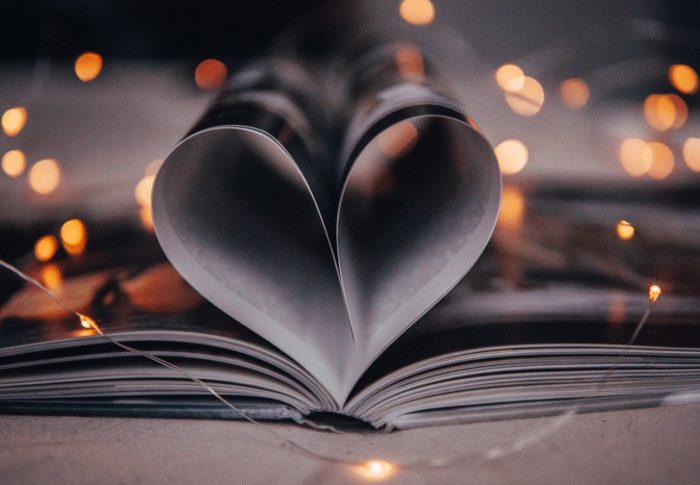
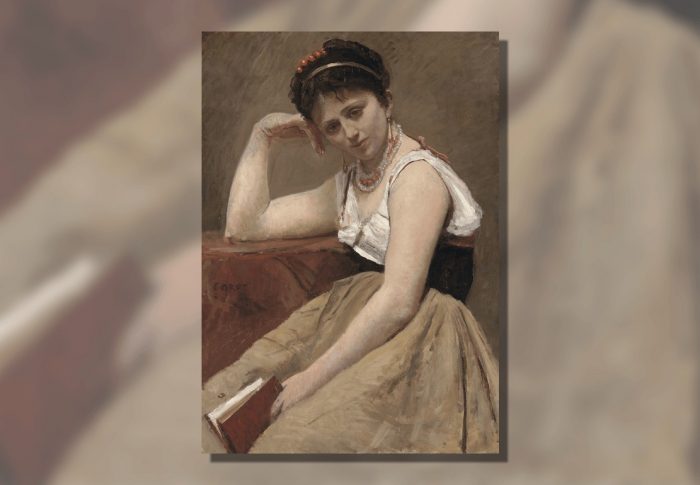
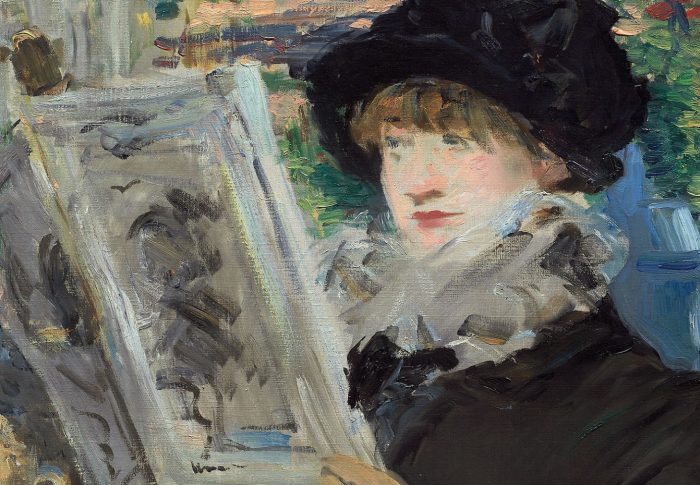

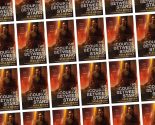

Tagged book lovers, community, finding readers, neglected books, online